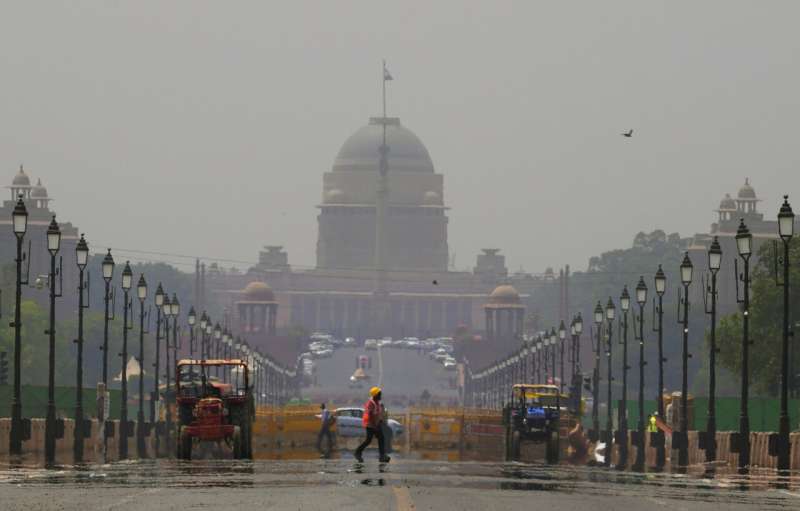
An unusually early and brutal heat wave is scorching parts of India, with acute power shortages affecting millions as demand for electricity surges to record levels.
Supplies of coal at many thermal power plants are running perilously low, spawning daily power outages in several states. The shortages are sparking scrutiny of India’s long reliance on coal, which produces 70% of the country’s electricity.
India recorded its hottest March since 1901, and average temperatures in April in northern and central pockets of the country were the highest in 122 years. Temperatures breached 45˚C (113˚F) in 10 cities last week, although cloudy skies and rain could bring some relief soon.
Climate change is making severe temperatures hotter and more frequent, with heat waves likely to strike India about once every four years instead of every five decades in the past, said Friederike Otto, a climate scientist at Imperial College London. India urgently needs to prepare for record increases in power consumption as a result.
On Friday, the railways ministry cancelled more than 750 passenger train services to allow more freight trains to move coal from mines to the power plants.
Out of India’s 165 coal plants, 94 are facing critically low coal supplies while 8 are not operational as of Sunday, according to data from the Central Electricity Authority. This means stocks have dropped below 25% of normal levels.
Government rules mandate that power plants maintain 24 days’ worth of coal stocks, but many routinely don’t said Vibhuti Garg, an energy economist at the Institute for Energy Economics and Financial Analysis.
Much of India had a cool spring this year before temperatures rose quickly and dramatically. “Then suddenly the demand started picking up and the inventories started declining much, much faster than anticipated,” Garg said. “And this becomes a kind of panic situation that they’ll start running out of coal pretty soon.”
But the power outages are less the result of a dearth of coal than inadequate forecasts of demand and plans for transporting it in time.
“There is enough coal, but a lack of anticipation and planning” caused problems, said Sunil Dahiya, an analyst at the Center for Research on Energy and Clean Air.
“We need to aggressively focus on bolstering renewable energy and making it more reliable. Otherwise, the same issues will keep occurring, because we are too reliant on this one source of fuel,” Dahiya said.